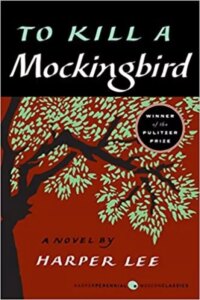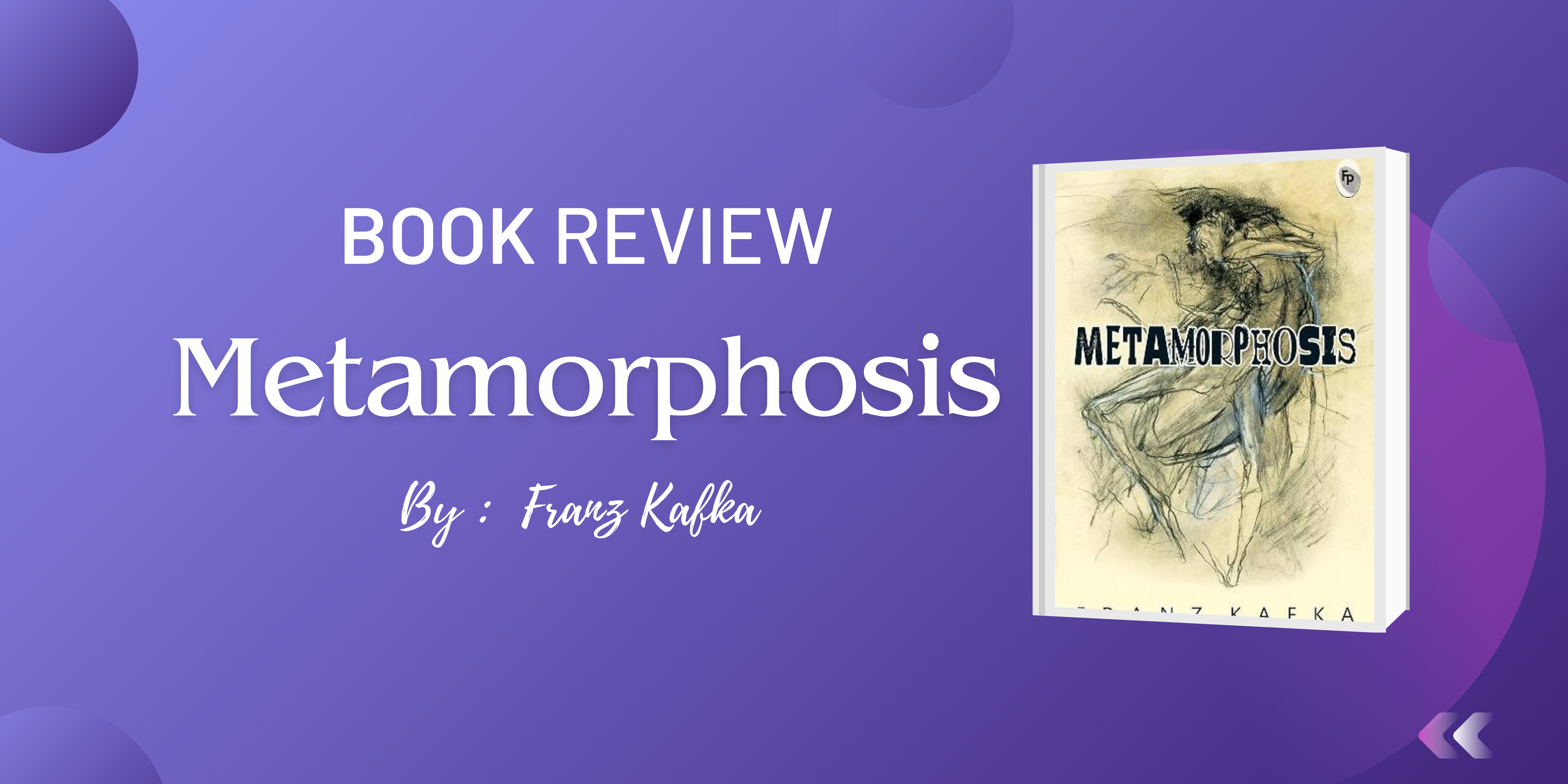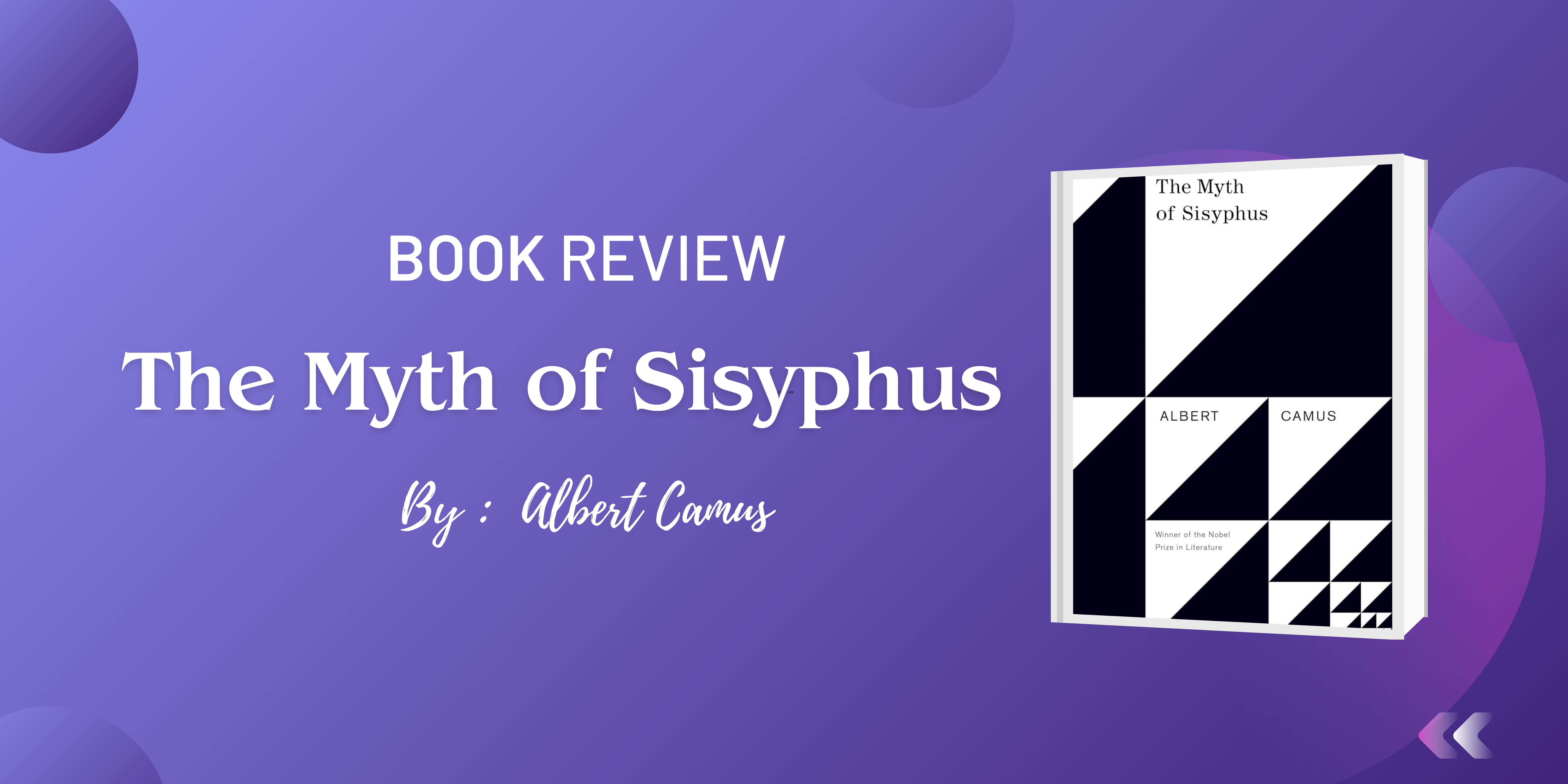
The first encounter with this masterpiece of American literature can have a lasting effect on the reader. As you crack open the pages of Harper Lee’s “To Kill a Mockingbird,” you’re immediately transported to the sleepy town of Maycomb, Alabama, drawn into the world through the eyes of the young narrator, Scout Finch. You’re captivated by the feelings of compassion, intrigue, nostalgia, and unease all at once! But what is it about this novel that has cemented its place as a towering achievement in literature? Why does it pursue capturing readers across generations? The answers lie not only in Lee’s masterful craft but also in the novel’s ability to profoundly connect with the human experience.
The story is narrated by Jean Louise “Scout” Finch, a young girl growing up in the fictional town of Maycomb, Alabama, during the Great Depression. At its core, “To Kill a Mockingbird” is a story about the loss of innocence. As Scout and her brother Jem are drawn into the drama surrounding their father’s’defense as a wrongly accused black man, they are forced to challenge the ugly realities of racism and the darker aspects of norms prevalent within society. Despite the treacherous themes of the book, Lee manages to intertwine a poignant tenderness, drawing us ever deeper into the Finch family’s journey.
Lee’s remarkable skill is reflected in the crafting of such richly developed characters. Atticus Finch, in particular, stands as one of literature’s most enduring moral compasses—a man of steadfast integrity who fights actively for justice, even in the face of devastating adversity. This personality is both admired and aggrieved by the children, Scout and Jem. Their relationship forms the emotional heart of the novel. But Lee’s brilliance goes far beyond her character work. Her prose is both lyrical and accessible; she paints scenes that linger in the reader’s mind long after the final page is turned. One finds themselves captivated by the rich and vivid tapestry of Maycomb society, with its eccentric inhabitants and the oppressive heat that seems to seep into every corner of town. Lee’s eye for the details of these people’s lives and her ability to evoke a sense of place for each one of them is a true defining factor of the book.

The novel explores the overarching themes of justice, morality, and human conduct. As Atticus and his children navigate through the complexities of the Tom Robinson trial, the reader is strained to confront the ugly realities of prejudice, the flaws inherent in the legal system, and the ways powerful people easily manipulate the rights of the powerless. It is a matter of endearment that Lee’s skill can yet manage to deal with such hefty themes without ever losing sight of the deeply personal stories that sit right with the emotions and feelings encapsulated in the hearts of the readers, building a sense of longing and compassion for the characters. Perhaps what strikes the readers most is the way Harper Lee’s “To Kill a Mockingbird” taps into the universal human experiences of benevolence, courage, and the struggle to maintain one’s moral integrity in the face of overwhelming suffering. The novel’s capacity to elicit such a sincere and emotional response is a testament to Lee’s command of the craft.

As the final pages approach, a strong pain is felt in the heart, not because the book ends but because the stories do; the lives the reader lived through, the plethora of emotions experienced—it all comes to an end. The end is almost impossible to engulf, similar to a lump in the throat. This feeling is experienced by countless readers, regardless of their age or background. In an era where so much of our cultural discourse is dominated by division and cynicism, “To Kill a Mockingbird” stands as a shining beacon of hope and empathy; it transcends time and place to speak to the very core of the human experience. It is a timeless example of how the power of storytelling can challenge our assumptions, expand our perspectives, and remind us of our shared humanity.
Ultimately, “To Kill a Mockingbird” stands as a shining example of how a work of fiction can serve as a mirror to society, challenge moral complacency, and leave an indelible mark on the collective consciousness. It is rightly considered one of the greatest and most influential works. It is a novel that will continue to be read, studied, and revered for years to come—a true classic that has earned its place as one of the greatest works of American literature.










